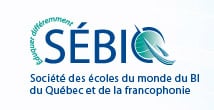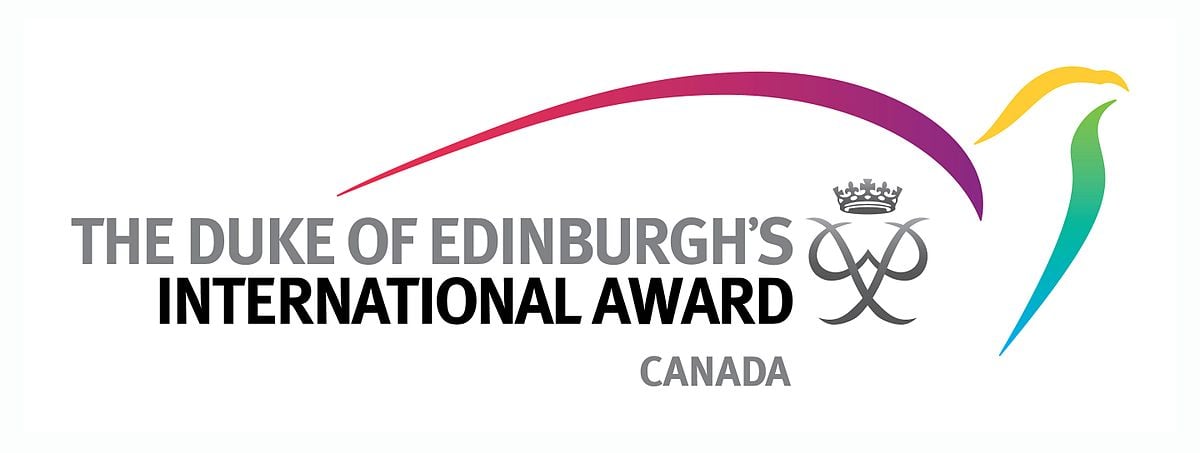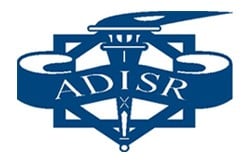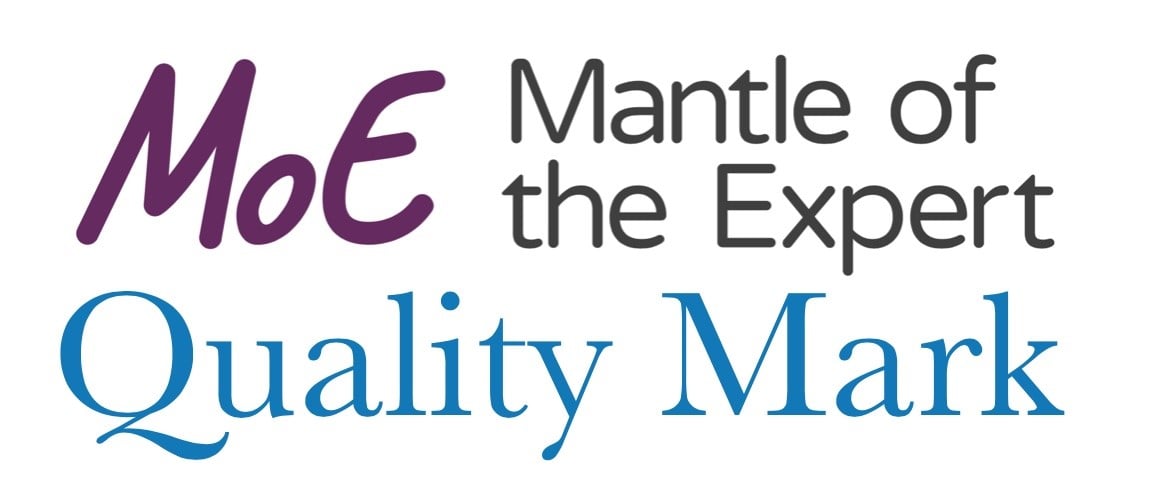Sir Ken Robinson, speaker of the seminal ‘Bring on the Learning Revolution’ TED talk, divides people into two categories: those who don’t enjoy what they do and endure life until the weekend comes around, and those who enjoy every day, unable to imagine doing anything else.
However, this categorisation of people is not a natural process derived from birth and genetics. Rather, Ken argues, it stems from a seed that is planted at the very start of the educational journey. A seed that shapes the futures we are capable of envisaging for ourselves. Education is a journey that can so easily impose barriers around what we can and should aim for, dislocating students from their natural talents if not approached correctly.
Modern thinkers in the field of education believe the model of education that was used to push humanity out of two world wars and towards prosperity is now severely outdated. If we continue to teach along the tracks laid out in the last century, we will be doing our students a disservice rather than boosting their chances of finding themselves in category number 2: those who enjoy life!
We must therefore ask ourselves - How must education change to accommodate 21st century developments in society and technology?
By accepting that ‘linear’ education won’t work for everyone
As Ken says in his TED Talk, nurturing talents is not a mechanised operation. Human flourishing is an organic process. Educators, like farmers, must create the conditions under which their charges will flourish.
The goal has long been the same in the linear model of education: get into a good university or college. Yet educators are slowly coming to terms with the idea that university might not be for everyone, nor must every student strive to get there straight out of school. Not only are every student’s personality and abilities different, but the world of work is continuously shifting under our feet.
Apprenticeships and practical skills programmes can offer students as much of a chance of getting into a career they will enjoy as university can. However, when you are 16, making the choice between both can seem so difficult. That is what makes new programmes like the International Baccalaureate Career-Related Programme are so innovative. Melding both academics and practical study together with particular specialisations like sustainability, sports management, etc. enables kids to break out of the linear expectations of traditional schooling. Instead, they can decide for themselves how they will align their talents with their futures and keep both university and the working world on the cards until they are ready to make that big decision.
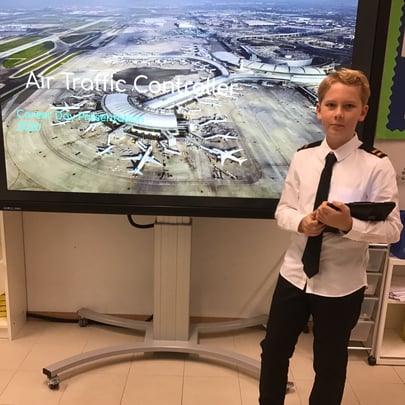
By focusing on what kids are learning
So many parents worry they are not parenting right if they don't ask how well their kids are doing at school or how much work they are doing. There is a fear that if their kids are not getting top marks or studying ‘enough’, they will not do well in the future.
Ted Dintersmith, an important education advocate for developing the conventional education system, claims to once have thought the exact same thing. Yet when he started to observe what his children were learning, looking specifically for the skills that would prepare them for the future, he realised that their school’s goal was to get students to graduation, not ready them for the future.
These days, it is also more common for young people to bounce between jobs, take time for new experiences and become skilled in multiple ways that machines cannot yet emulate. Schools therefore need to adapt to be able to provide the kind of education that will prepare students for these ‘new futures’.
The philosophy we profess at Haut-Lac is wide reaching. Our teachers use their lessons to highlight and focus on the everyday skills students can hone as they learn. Creativity, inquisitiveness, public speaking and communication are the kind of soft, transferable skills students can be pushed to develop through their subjects. Another way of doing so is through interdisciplinary projects, as they highlight the links between subjects and teach students to transfer skills from one subject to another.
We should also be encouraging kids to maintain interests in areas like sports, music and the arts because these disciplines fuel creativity and passion. When competing against machines for a job, these assets will always work in our favour. We therefore insist on running exciting arts and sports programmes from our infant section right through to DP2, so that students have as many opportunities to curate these skills as possible.
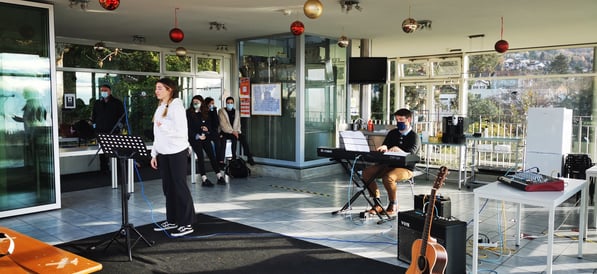
By recognising students' emotional needs
The introduction of a well-being focus in school curricula and the rise in popularity of mindfulness for kids and teens is doing great things to get this ball rolling. Students are confronting and connecting their emotional lives to their academic performance to understand what changes they need to make.
Sending a child out of the classroom without explanation has never helped anyone become a better student, yet it happened repeatedly in the old model of teaching. Now, however, teachers are trying to understand the behaviour that leads to acting out. As a result, they might send children out to do some meditative breathing to help them recentre themselves and bring the lid back down on their emotions.
Engaging in regular bouts of movement during the day, from PE to spontaneous dance breaks, also has undeniable benefits for student well-being at school. Meditation and mindfulness may be nontraditional, but they too are becoming more common practice among students, offering a similar chance to recharge. Such social tools as these can pro-actively encourage progress in students who regularly struggle to contain, understand or work with their emotions.
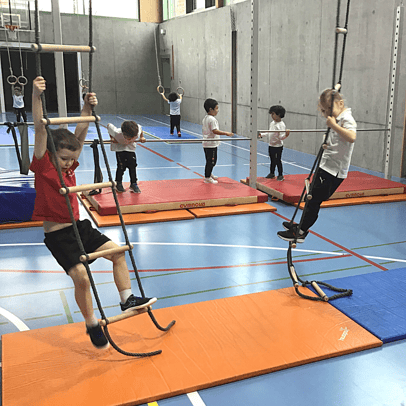
Education of the future is looking at putting the tools to drive students’ learning, both academically and personally, in their own hands. School of the 21st century is experimental, sensitive, encouraging and not afraid to explore new pathways. By providing students with the right skills, resources and attitudes from a young age, we can make the world an exciting place in which to emerge at the end of the school journey.
Katie Harwood


-1.png)

